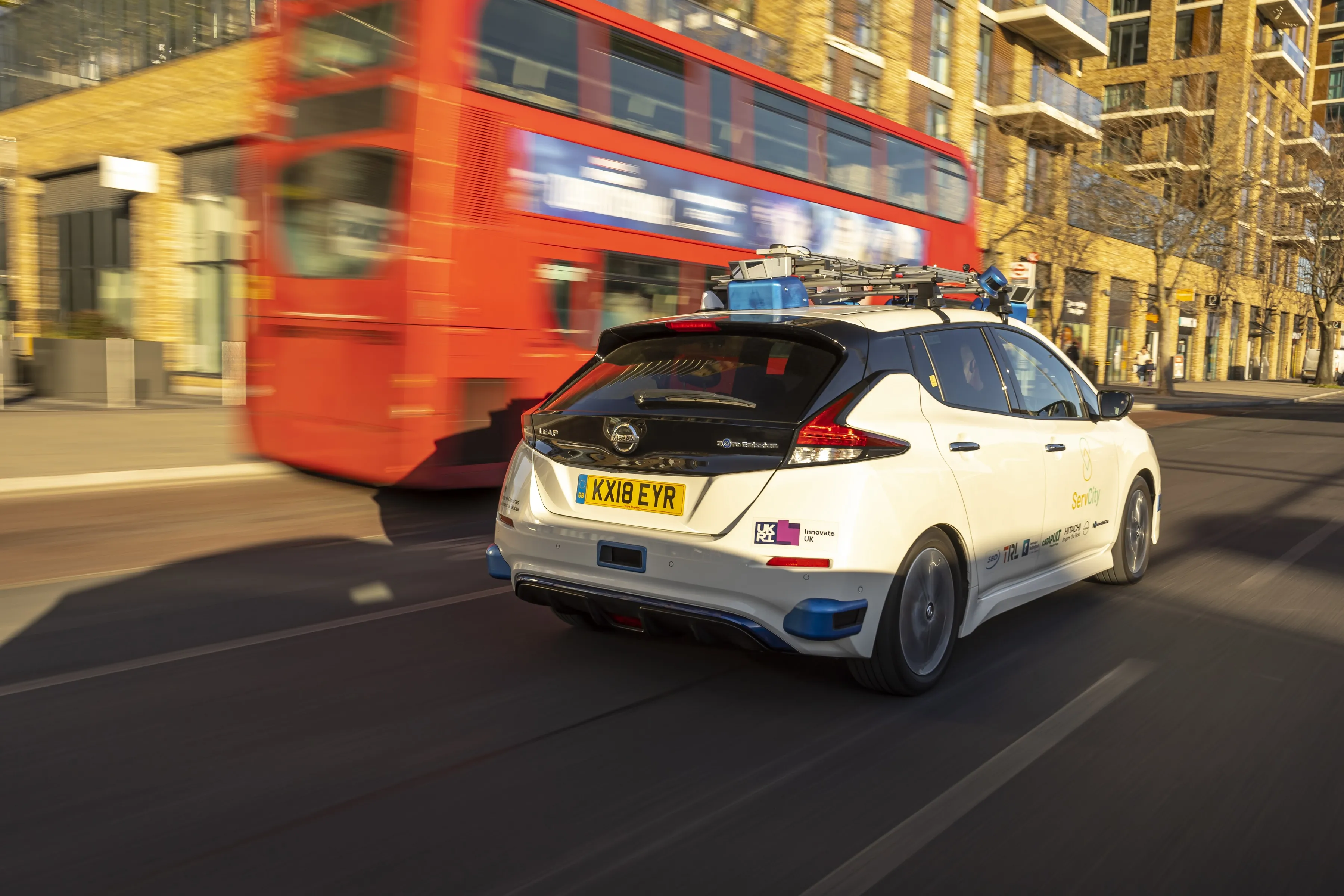The MOVE_UK project, recently announced by the Rt Hon Sajid Javid MP, Secretary of State for Business, Innovation and Skills, is a consortium of companies that will help position the UK as a world leader in automated and self-driving cars.
Led by Bosch, the MOVE_UK project benefits from a US$8 million grant awarded by InnovateUK and will see driverless technology trialled in real world conditions on roads in Greenwich, London.
Project partners include Bosch, the UK’s Transport Research Laboratory (T
February 2, 2016
Read time: 3 mins
The MOVE_UK project, recently announced by the Rt Hon Sajid Javid MP, Secretary of State for Business, Innovation and Skills, is a consortium of companies that will help position the UK as a world leader in automated and self-driving cars.
Led by311 Bosch, the MOVE_UK project benefits from a US$8 million grant awarded by InnovateUK and will see driverless technology trialled in real world conditions on roads in Greenwich, London.
Project partners include Bosch, the UK’s Transport Research Laboratory (491 TRL), 7998 Jaguar Land Rover, 4236 Direct Line Group, The Floow and the Royal Borough of Greenwich. Together, the partners will see MOVE_UK accelerate the entry of automated, driverless car technologies to the UK market. The project will increase the rate of development and testing of these technologies at a lower cost to vehicle manufacturers.
Automated technology in cars will help to prevent accidents, reduce congestion and emissions in cities, offering a more pleasant experience for motorists. However, automated driving is highly complex and requires a large amount of data, which needs extensive validation to ensure that systems respond to a wide range of real world driving situations.
During the three-year MOVE_UK project, driverless systems will be tested in the real world, providing large amounts of data that will be used to develop and improve the technology. This data will enable the development of new and faster ways of improving and demonstrating the safety of automated driving systems.
The information can provide smart cities with new ways to improve services for residents and look after the environment. It will also help the UK automotive industry understand how data from cars can be processed to benefit drivers, providing a real insight into how driverless technologies will change automotive businesses in the future.
TRL will house and process the data captured, providing essential insight for future tests and informing any regulatory changes that will need to be made, while Bosch, together with Jaguar Land Rover, will provide vehicles, technology and state-of-the-art design expertise to the project.
Direct Line Group’s contribution to the project will help to bridge the gap between the automotive and insurance industries by providing crucial dialogue and reassessing the risk landscape for automated cars.
The Floow’s telematics will allow the consortium to compare the behaviour of the vehicle to that of a human driver in the same real world environment.
The Royal Borough of Greenwich is the host local authority providing a smart city trial environment for the project. The borough is home to the UK’s Smart Mobility Living Lab - an open, real world, test environment for connected and automated vehicles.
Led by
Project partners include Bosch, the UK’s Transport Research Laboratory (
Automated technology in cars will help to prevent accidents, reduce congestion and emissions in cities, offering a more pleasant experience for motorists. However, automated driving is highly complex and requires a large amount of data, which needs extensive validation to ensure that systems respond to a wide range of real world driving situations.
During the three-year MOVE_UK project, driverless systems will be tested in the real world, providing large amounts of data that will be used to develop and improve the technology. This data will enable the development of new and faster ways of improving and demonstrating the safety of automated driving systems.
The information can provide smart cities with new ways to improve services for residents and look after the environment. It will also help the UK automotive industry understand how data from cars can be processed to benefit drivers, providing a real insight into how driverless technologies will change automotive businesses in the future.
TRL will house and process the data captured, providing essential insight for future tests and informing any regulatory changes that will need to be made, while Bosch, together with Jaguar Land Rover, will provide vehicles, technology and state-of-the-art design expertise to the project.
Direct Line Group’s contribution to the project will help to bridge the gap between the automotive and insurance industries by providing crucial dialogue and reassessing the risk landscape for automated cars.
The Floow’s telematics will allow the consortium to compare the behaviour of the vehicle to that of a human driver in the same real world environment.
The Royal Borough of Greenwich is the host local authority providing a smart city trial environment for the project. The borough is home to the UK’s Smart Mobility Living Lab - an open, real world, test environment for connected and automated vehicles.








